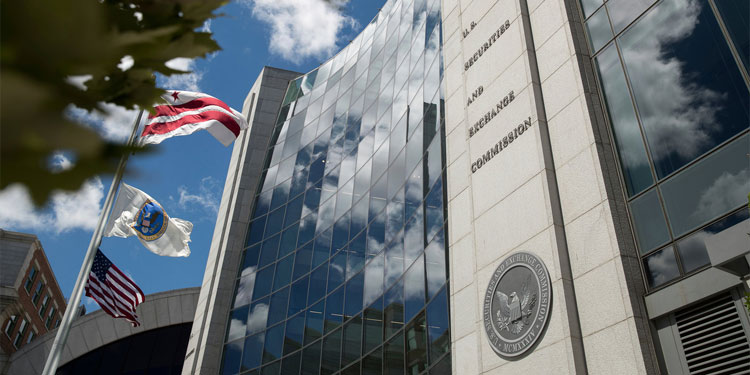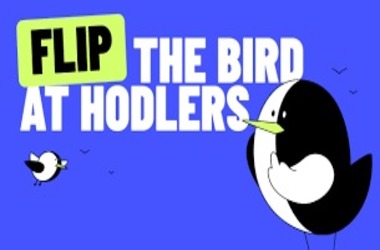 Mastercard’s foray into the world of Web3 and NFTs has proven to be a successful venture, with positive revenue impacts and increased appeal among Gen Z audiences. Raja Rajamannar, Mastercard’s Chief Marketing and Communications Officer, highlighted the company’s bullish investments in Web3 technologies, positioning Mastercard as a technologically advanced company that resonates with consumers, particularly within the Gen Z demographic.
Mastercard’s foray into the world of Web3 and NFTs has proven to be a successful venture, with positive revenue impacts and increased appeal among Gen Z audiences. Raja Rajamannar, Mastercard’s Chief Marketing and Communications Officer, highlighted the company’s bullish investments in Web3 technologies, positioning Mastercard as a technologically advanced company that resonates with consumers, particularly within the Gen Z demographic.
Web3, characterized by technologies like virtual reality, augmented reality, blockchain, cryptocurrencies, and non-fungible tokens (NFTs), has faced some challenges within the advertising industry. NFT sales in July, as reported by NFT aggregator CryptoSlam, experienced a 23% decline from the previous month, totaling $495.6 million.
Web3 and NFT Initiatives Prove Successful for Mastercard, Attracting Gen Z Audience
Despite the challenges in the broader Web3 landscape, Mastercard views NFTs as a realm brimming with possibilities for marketers. Rajamannar emphasized the shift from vanity NFTs to utility NFTs, where tokens are used to unlock specific content or rewards. One of Mastercard’s successful Web3 initiatives is the “Artist Accelerator” program, which operates on the Polygon blockchain.
The Artist Accelerator program featured five global artists who live-streamed shows in collaboration with Billboard. These artists introduced AI-driven singles produced through the program. Beyond entertainment, the program also opened up new revenue streams for nearly 100,000 music artists. These artists accessed free educational resources, harnessed generative AI music, and ventured into the world of minting NFTs.
Among the platform’s 100,000 sign-ups, 5,000 participants used the resources to learn how to mint their NFT music tracks. Furthermore, musicians were educated on using NFTs to enhance fan engagement. For example, artists could reward token holders with discounts on future album releases or exclusive private concerts, forging stronger connections with their fans.
Rajamannar expressed Mastercard’s ongoing commitment to experimenting with Web3 and NFTs. The company’s primary focus is on ensuring that their NFTs offer compelling utility to users. By creating NFTs with practical applications, Mastercard aims to stay relevant in the evolving Web3 landscape.
The impact of the Artist Accelerator program extended beyond the artists themselves. Five artists, handpicked by Mastercard to showcase their journey using Web3 capabilities, saw a substantial increase in their fan following on platforms like Spotify. Collectively, these artists gained 73,000 new fans, highlighting the program’s effectiveness in boosting discoverability and audience engagement.
In conclusion, Mastercard’s strategic investments in Web3 and NFTs have yielded positive results, particularly among Gen Z consumers. The success of initiatives like the Artist Accelerator program demonstrates the potential of Web3 technologies to drive revenue and foster meaningful connections between artists and their audiences. Mastercard’s commitment to exploring the Web3 landscape underscores its dedication to staying at the forefront of technological innovation.








